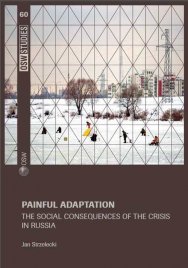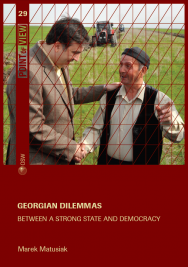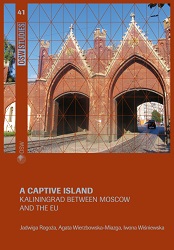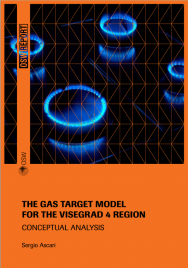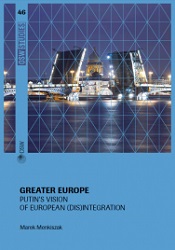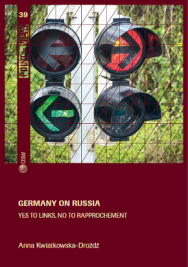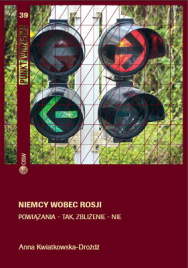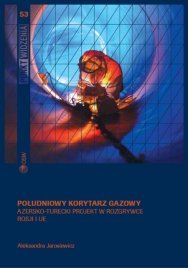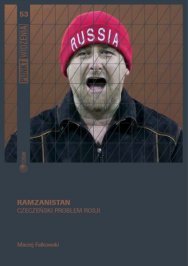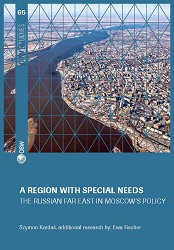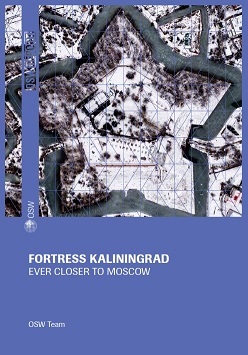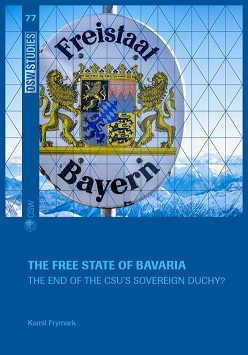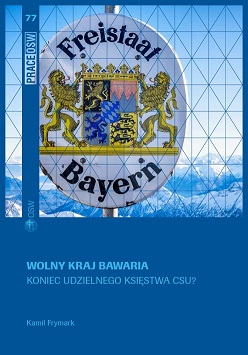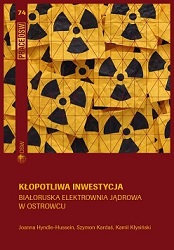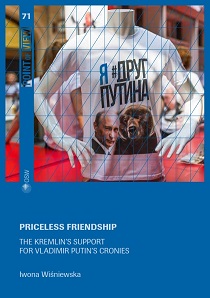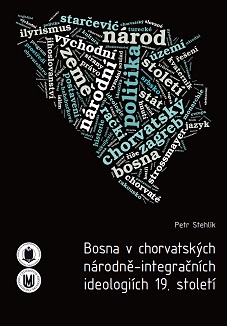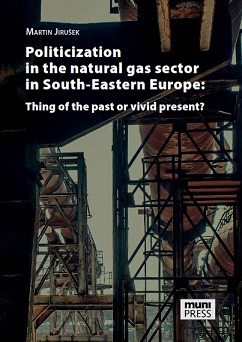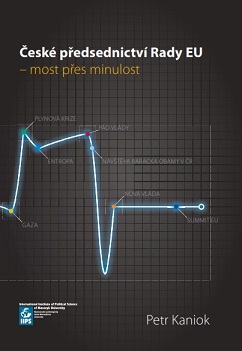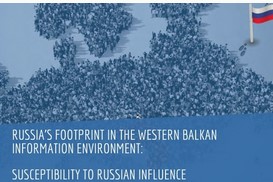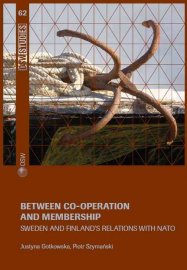
Between co-operation and membership. Sweden and Finland’s relations with NATO
Sweden and Finland’s membership in NATO would significantly improve the level of security in the Baltic Sea region in the long-term by changing the politico-military imbalance that is currently in Russia’s favour. However, it is unlikely that Stockholm and Helsinki will change their non-alignment policy in the coming years. They will rather focus on enhancing politico-military co-operation with NATO. This has grown in importance to both countries in recent years in line with rising uncertainty in the region. The Swedish and Finnish wish for more substance in their military relations with NATO will however be met with increasing limitations as allied activity in the Baltic Sea region is focusing on collective defence and the two countries are not member states. // Despite the positive effect Sweden and Finland’s cooperation with NATO exerts on the region’s security, it also has negative implications. It does not eliminate the uncertainty about the scope of the two countries’ co-operation with the alliance in the case of a military conflict. It offers Stockholm an illusory sense of security, slowing down the pace of investments in defence; and for Helsinki it is rather an element of its deterrence policy towards Russia than a genuinely considered alternative.
More...
